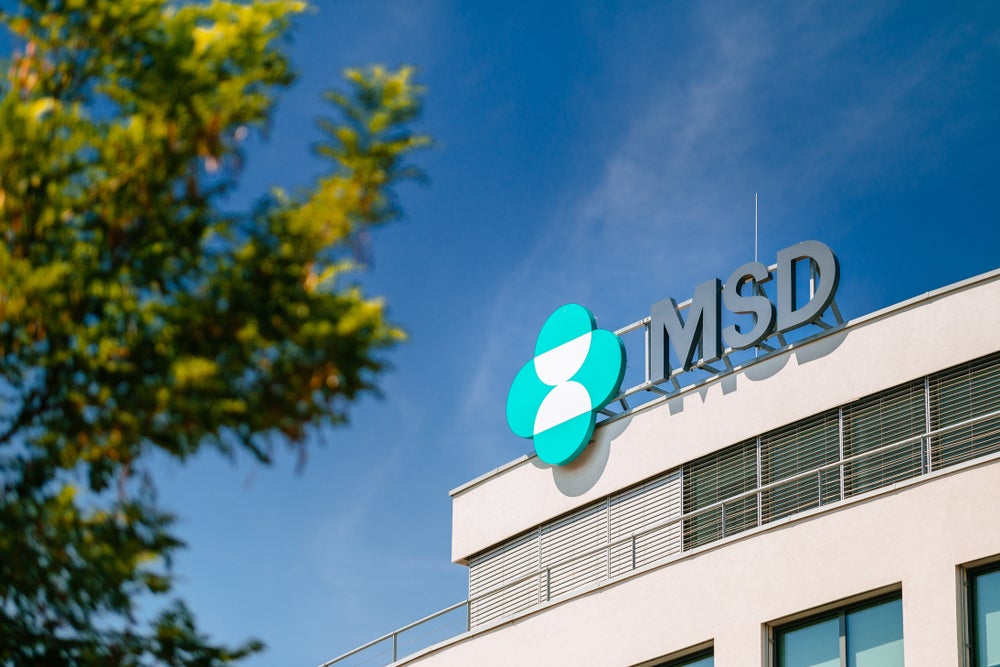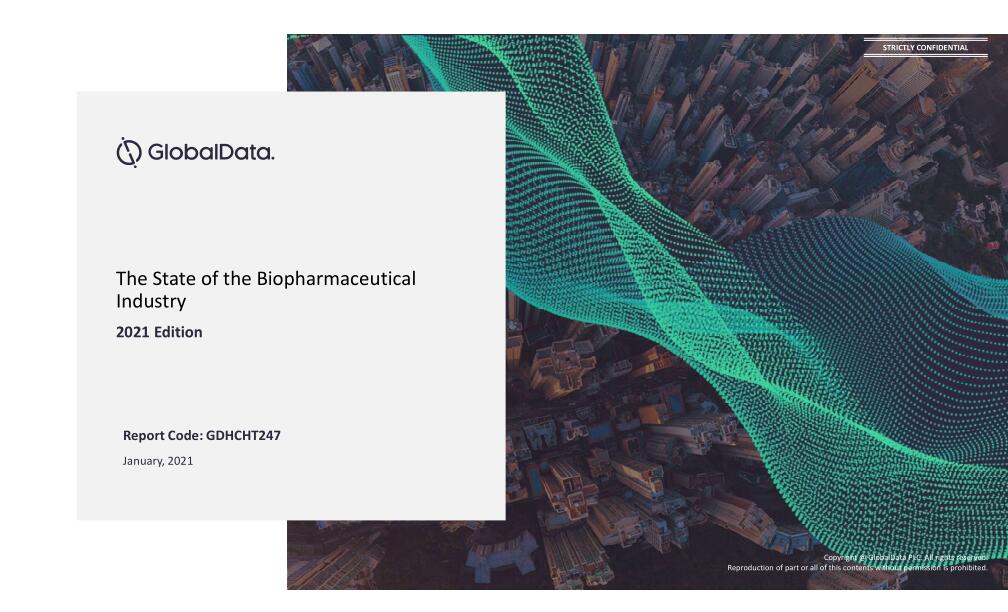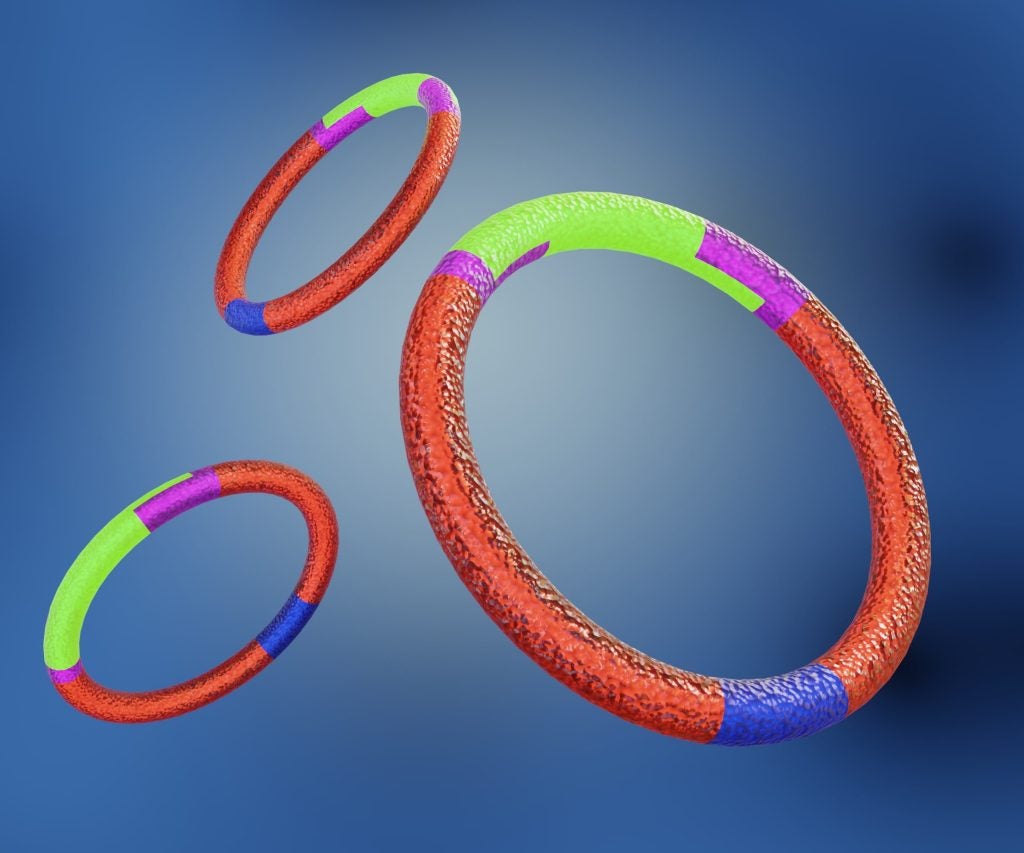
Merck (MSD) has announced updated results with Keytruda (pembrolizumab) in the Phase III Keynote-811 trial, which opens up the possibility of changing the checkpoint inhibitor’s label in HER2-positive gastric or GEJ adenocarcinoma so it’s based on the tumour’s PD-L1 biomarker status.
The Phase III Keynote-811 study (NCT03615326) met its progression-free survival (PFS) endpoint for treating human epidermal growth factor receptor 2 (HER2)-positive advanced gastric or gastroesophageal junction (GEJ) adenocarcinoma in the intent-to-treat population.
How well do you really know your competitors?
Access the most comprehensive Company Profiles on the market, powered by GlobalData. Save hours of research. Gain competitive edge.

Thank you!
Your download email will arrive shortly
Not ready to buy yet? Download a free sample
We are confident about the unique quality of our Company Profiles. However, we want you to make the most beneficial decision for your business, so we offer a free sample that you can download by submitting the below form
By GlobalDataA pre-specified interim analysis of trial data found a “statistically significant” improvement in PFS compared to placebo in the ITT group.
In 2021, as part of the same Keynote-811 trial, the US Food and Drug Administration (FDA) granted accelerated approval to Keytruda for treating locally advanced unresectable or metastatic HER2-positive gastric or GEJ adenocarcinoma, in combination with trastuzumab and chemotherapy containing fluoropyrimidin and platinum.
Based on the latest Keynote-811 results, MSD now plans to work with the FDA to update the label to specify the combination’s use in patients whose tumours are PD-L1 positive.
Full results will be presented at an upcoming medical meeting.
The trial enrolled 732 patients, randomised to receive Keytruda with trastuzumab, fluoropyrimidin-containing and platinum-containing chemotherapy, or placebo with trastuzumab and chemotherapy. The company claims a positive, but not statistically significant trend toward the other primary endpoint of overall survival (OS) was also observed.
Earlier this year, Keytruda secured full FDA approval for use in MSI-high solid tumours. According to MSD, it was the first time an immunotherapy based on predictive biomarkers received full approval.
This month, MSD presented data on Keytruda’s efficacy in treating non-small cell lung cancer at the American Society of Clinical Oncology (ASCO) Annual Meeting. It showed promising event-free survival (EFS) of 62.4% in the Keytruda arm, with median EFS not being met.
As it stands, GlobalData analysis predicts that Keytruda’s yearly revenue will hit almost $35bn in 2028, up from $21bn in 2022.







